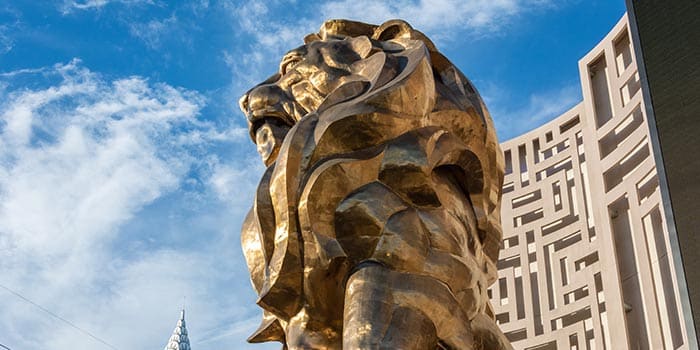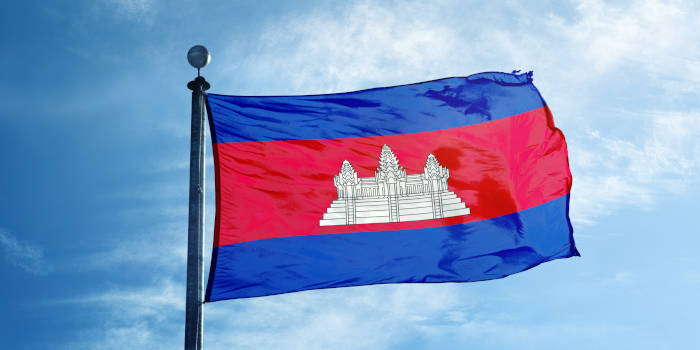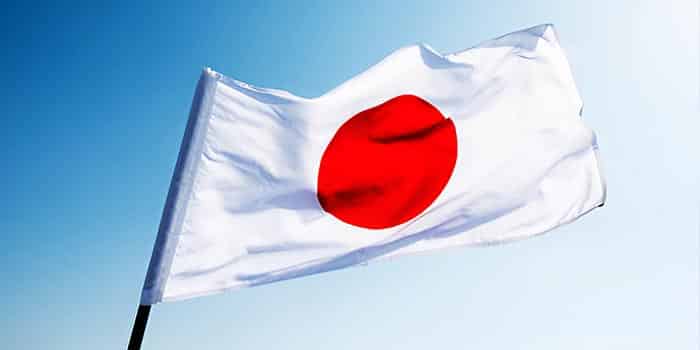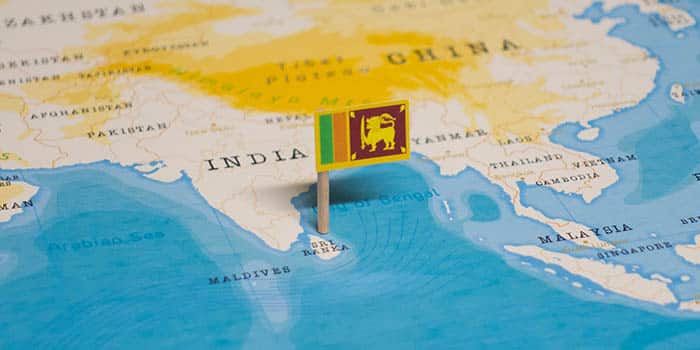Fact-checked by Angel Hristov
MGM Says Thailand Will Become Top Gambling Destination
While MGM officials seem quite hopeful for the country’s gaming sector, the industry is currently rather limited by various restrictions and laws
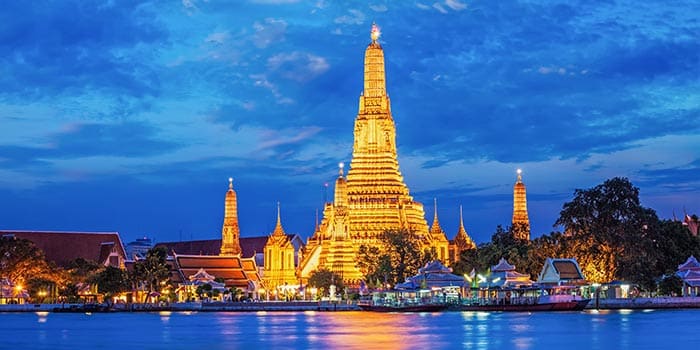
Ed Bowers, president of global development at MGM International, expressed that Thailand could soon emerge as Asia’s leading destination for integrated resort investments.
Bowers Says Thailand Could Become Top Gambling Destination in Asia
During his remarks at the G2E Asia Forum, Bowers noted that if the right legislative framework and infrastructure are put in place, the country has the potential to generate over $10 billion in annual gross gaming revenue. Bowers described Thailand as a formidable emerging competitor in the region, offering a scale of opportunity which is likely to attract strong interest from major gaming operators.
He also explained that while Macau had historically focused on VIP business, it evolved toward diversified offerings, including cultural, culinary and environmental elements, contributing positively to its broader appeal. Singapore also came up as an example in Bowers’ talks as he gave an example of how such a transformation is possible. He explained that Integrated resorts blend gaming with a variety of other attractions, help boost tourism and create jobs, while the country also implements responsible gaming measures to protect local communities.
However, Bowers pointed out that several other Asian countries continue to face obstacles due to regulatory and infrastructure limitations. In South Korea, although there is government backing, the industry is constrained by restrictions on local citizen participation. Vietnam encounters similar issues, with limited local access dampening investor confidence.
He also highlighted MGM’s forthcoming integrated resort project in Osaka, Japan. Covering more than 68,000 square meters, the development will feature hotel accommodations, dining options, and gaming facilities. Despite high construction costs and regulatory complexities, Bowers remained optimistic, citing Japan’s strategic location and strong transport connectivity as key advantages.
What’s the State of Gambling in the Country?
Back to Thailand, while Bowers seems quite hopeful for the country’s gaming sector, the industry is currently rather limited by various restrictions and laws. Gambling in Thailand is largely prohibited, with exceptions limited to government-sanctioned activities such as horse racing and the national lottery. This ban originates from the Gambling Act of 1935, while the Playing Cards Act further restricts private ownership of more than 120 playing cards without official approval. Despite these laws, illegal casino operations and other unauthorized forms of gambling persist in Bangkok and several provincial areas.
However, there has been a lot of talk in the last few years on broadening the sector as it may improve tourism in the country and open more job opportunities. This has led to the government discussing many ways of regulating the burgeoning industry. One interesting proposition is to check foreign casino visitors’ criminal history, especially for the incoming land-based casinos in Thailand.
Perhaps the biggest development in favor of broadening the gambling sector in the country in recent months is the government’s approval of a major draft law for casinos back in March. The draft would establish harsh limits on who may enter casinos, with punters having to prove they have at least 50 million baht ($1.47 million) in bank deposits, effectively blocking large parts of the population.
However, the draft is still a step forward for the government, which aims to attract at least 100 billion baht (approximately $3 billion) in new investments focused on casinos and entertainment complexes.
Stefan Velikov is an accomplished iGaming writer and journalist specializing in esports, regulatory developments, and industry innovations. With over five years of extensive writing experience, he has contributed to various publications, continuously refining his craft and expertise in the field.

